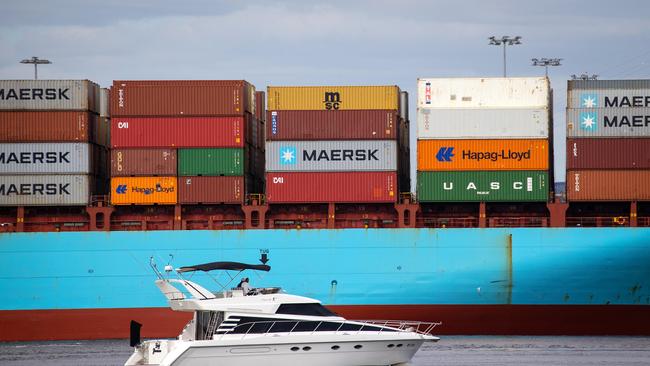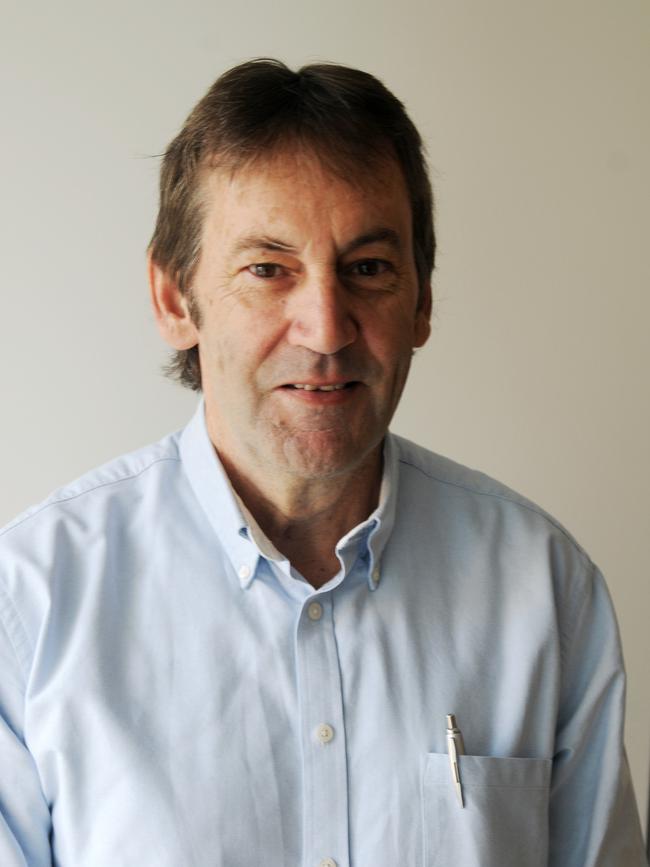Fears biosecurity delays at ports could delay sowing
Long waits at major Australian ports for new machinery could delay sowing for some grains farmers.
A bottleneck of new vehicles waiting to be offloaded at Australia ports may delay the sowing season for some farmers waiting for machinery caught up in the backlog.
The delays are longest at the Port of Melbourne with current cargo inspection and cleaning delays of at least 16 days.
The Department of Agriculture, Fisheries and Forestry confirmed today that since 2021, there had been an 88 per cent increase in new vehicles arriving in Australian ports contaminated with biosecurity risk material - including soil, plant debris, live insects and seeds.
Over the same period, there has been an 17 per cent increase in the total number of new vehicle imports into Australia.
A department spokesperson said the cleaning was being carried out by commercial companies.
“Current delays to the delivery of new vehicles are a direct result of the capacity of the commercial companies to manage the surge in contaminated vehicles arriving at the border,” the spokesperson said.
Biosecurity officers check for risks on vehicles arriving in Australia and then reinspect vehicles after cleaning and prior to release.
The department said more vehicles were being identified as high-risk due to sitting in paddocks and car parks in their country of manufacture for prolonged periods, awaiting parts or loading for export to Australia.
Tractor and Machinery Association managing director Gary Northover said the system was groaning under the weight of both the huge volume of vehicles needing to enter the country and the arising biosecurity issues.

“Some members will say they have had machines sitting there for months waiting to be approved. The farmer is suffering as much now as the dealer because the farmer is the one needing this gear for his crop,” he said.
Supply chain and machinery import issues caused by the Covid pandemic and war in Ukraine left many farmers unable to purchase machines and parts for several years.
Mr Northover said the holdup in clearing specialised grains and horticulture products, such as grape harvesters and seeding machines, was delaying farming operations and leaving some “fretting”.
“There is currently a big call for seeding machines to meet the demands of the season this year. We have members with seeding machines stuck on the wharf with no timeline whatsoever as to when they are going to be processed,” he said.

More than 75,000 new vehicles are sold every month in Australia, with estimates that about 60,000 vehicles are sitting offshore or waiting clearance at ports around Australia.
VFF grains council president Craig Henderson said: “We are already on a real squeeze for time to get ready for sowing.”
“If farmers haven’t got a sowing rig and sold their second-hand equipment it could be critical,” Mr Henderson said.
“There was a big issue for header fronts during the last harvest, they were arriving at the end of harvest. Farmers had to use the old ones, the agents had to fill a few gaps.”
Mr Henderson said it was not only about getting the machines on farms but also having time for assembly and testing.
Cropping operations will traditionally start sowing in Victoria by April or May.
The department said some examples of biosecurity risks found in or on new vehicles since July 2022 included Siam weed, exotic snails and brown marmorated stink bugs.
Mr Northover said supply issues were also being exacerbated by shipping companies not sending more ships to Australia or redirecting them to other Australian ports.
The department said it is working with the Federal Chamber of Automotive Industries and its members “to encourage and assist them to implement offshore cleaning measures”.
The Weekly Times reported last month that border authorities recently stopped contaminated fertiliser from entering Australia.




